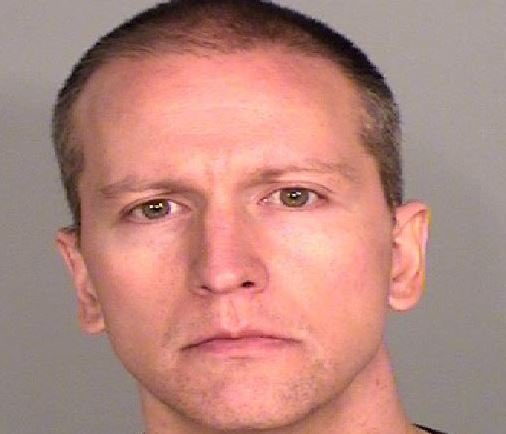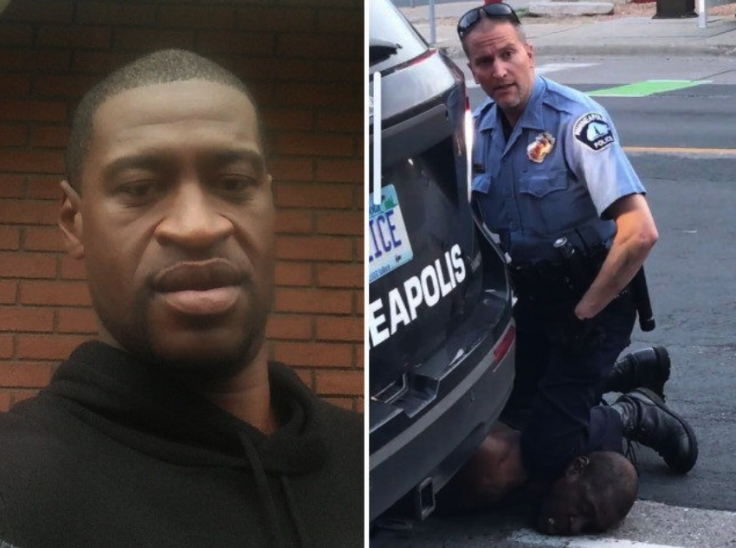The Minneapolis police officer, Derek Chauvin was looking right at the camera when he pressed his knee into 46-year-old George Floyd's neck, knowing the fact that his actions are getting recorded at the time. But why there was no fear? Why the filming did not stop him from killing Minneapolis African American citizen?
The director of the Center for Civic Media at Massachusetts Institute of Technology (MIT), Ethan Zuckerman wrote the conventional wisdom for years has been that "[i]f police officers know they're being watched both by their body cameras and by civilians with cell phones, they will discipline themselves and refrain from engaging in unnecessary violence."
But by now, it should be clear that it doesn't work the way they think, mentioned Zuckerman. His essay points towards a large scale 2017 study that compared the behavior of Washington, D.C., police officers sporting body-worn cameras with those officers who worked without cameras.

The study finding
The author of the 2017 study wrote, "Across each of the four outcome categories"-- police use of force, policing activity, civilian complaints, and judicial outcomes -- "our analyses consistently point to a null result: the average treatment effect on all of the measured outcomes was very small, and no estimate rose to statistical significance at conventional levels."
The research suggested that the police officers may not have been "acutely aware" that they were being recorded or it is possible that they were aware but "other factors in the heat of the moment may override any deterrent effect the cameras may have had."

Zuckerman's point argument
As per the MIT expert, there's another key factor at play. As per Zuckerman in 1989, the U.S. Supreme Court announced that if police officers have an 'objectively reasonable' fear that their lives or safety are under threat, they are justified in using "deadly force."
He wrote, "Videos from body cameras and bystander cell phones have worked to bolster 'reasonable fear' defense claims as much as they have demonstrated the culpability of police officers."
He concludes that when the white police officer in the state of Minnesota, Chauvin, who has been charged with the murder of Floyd, spotted a witness filming him on the Memorial Day, as he pressed a knee into Floy's neck who was already handcuffed and face down on the ground, the officer knew it was rare for police officers to be charged with murder or manslaughter and conviction is also an alien concept.
As of Monday, a judge set unconditional bail for Chauvin at $1.25 million. He has been charged with second-degree murder. Chauvin is not the only officer who did not care about the consequences of getting captured in a video. Before and after the Floyd incident, there are several incidents in which police officers were caught in the camera but did not bother about what will happen to them.
Recently, two officers from the Las Vegas police department were filmed while arresting a black teen. The part of the video shows that even though the teen who claimed to be selling water without a license, was not resisting, the police hold his neck that started to choke him. When a woman told him that he is being recorded, he showed no worries.









